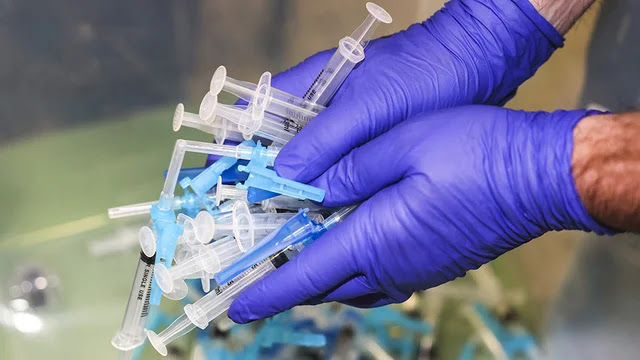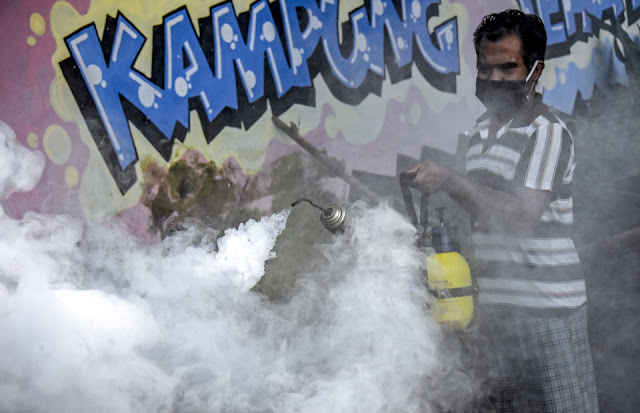Harnessing power of white blood cells could be key to an effective malaria vaccine

For nearly 40 years a highly protective vaccine to fight malaria has eluded researchers, but a replacement Australian study hopes to assist change that. Key points: Malaria may be a life-threatening disease, but it's preventable and curable The most advanced malaria vaccine has shown only modest efficacy of 26-36 percent Research shows a replacement role for antibodies harnessing the killing power of white blood cells A team publishing within the journal Nature Communications reports they need to uncover a previously unknown role played by antibodies during the first stages of infection. "We think we have a replacement thanks to checking out the matter and a replacement thanks to attacking the infection and to urge that vaccine protection much higher," said researcher James Beeson of the Burnet Institute. Professor Beeson and his colleagues have found antibodies that will harness the facility of white blood cells called neutrophils to kill the plasmodium during initial ...
















